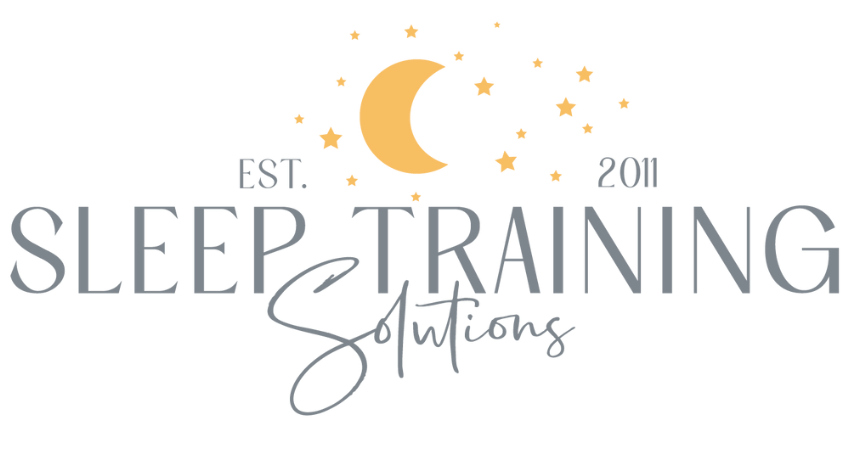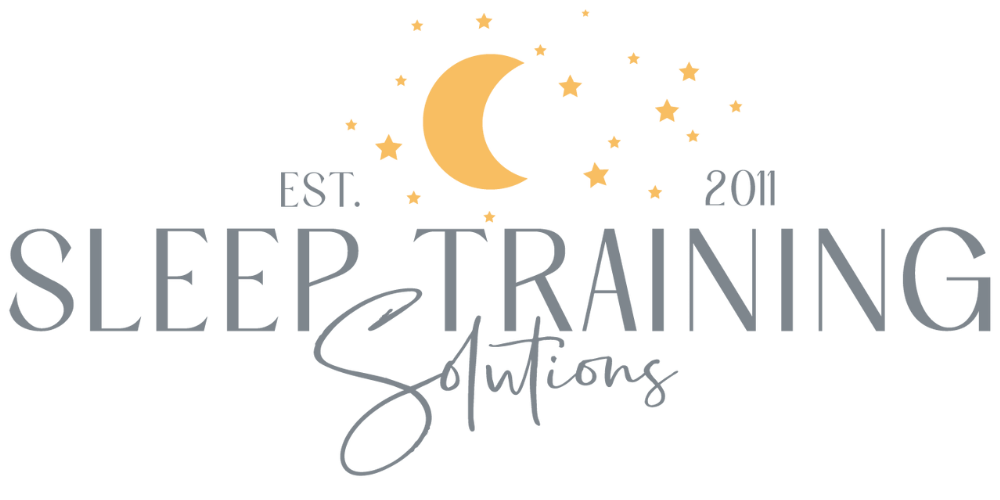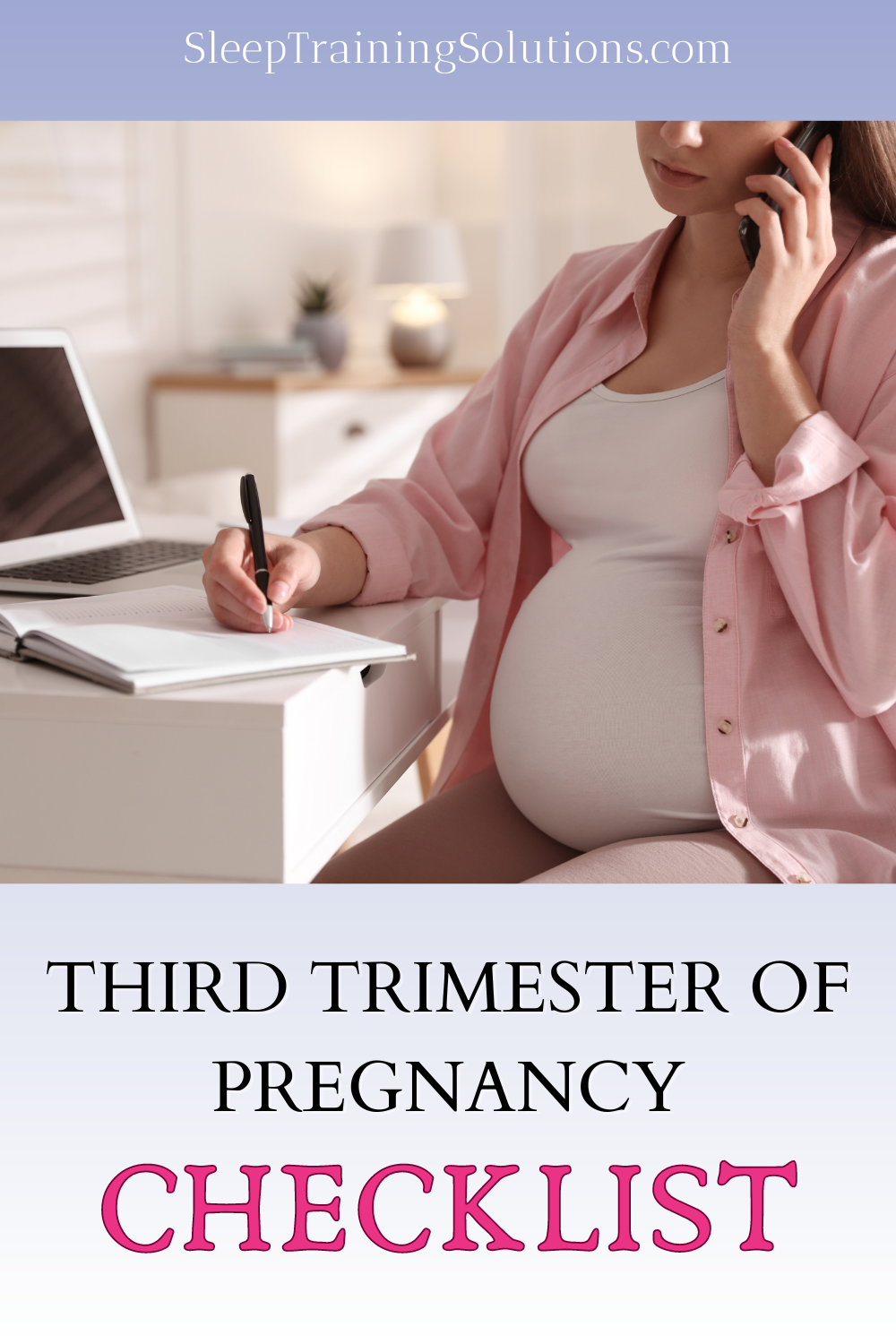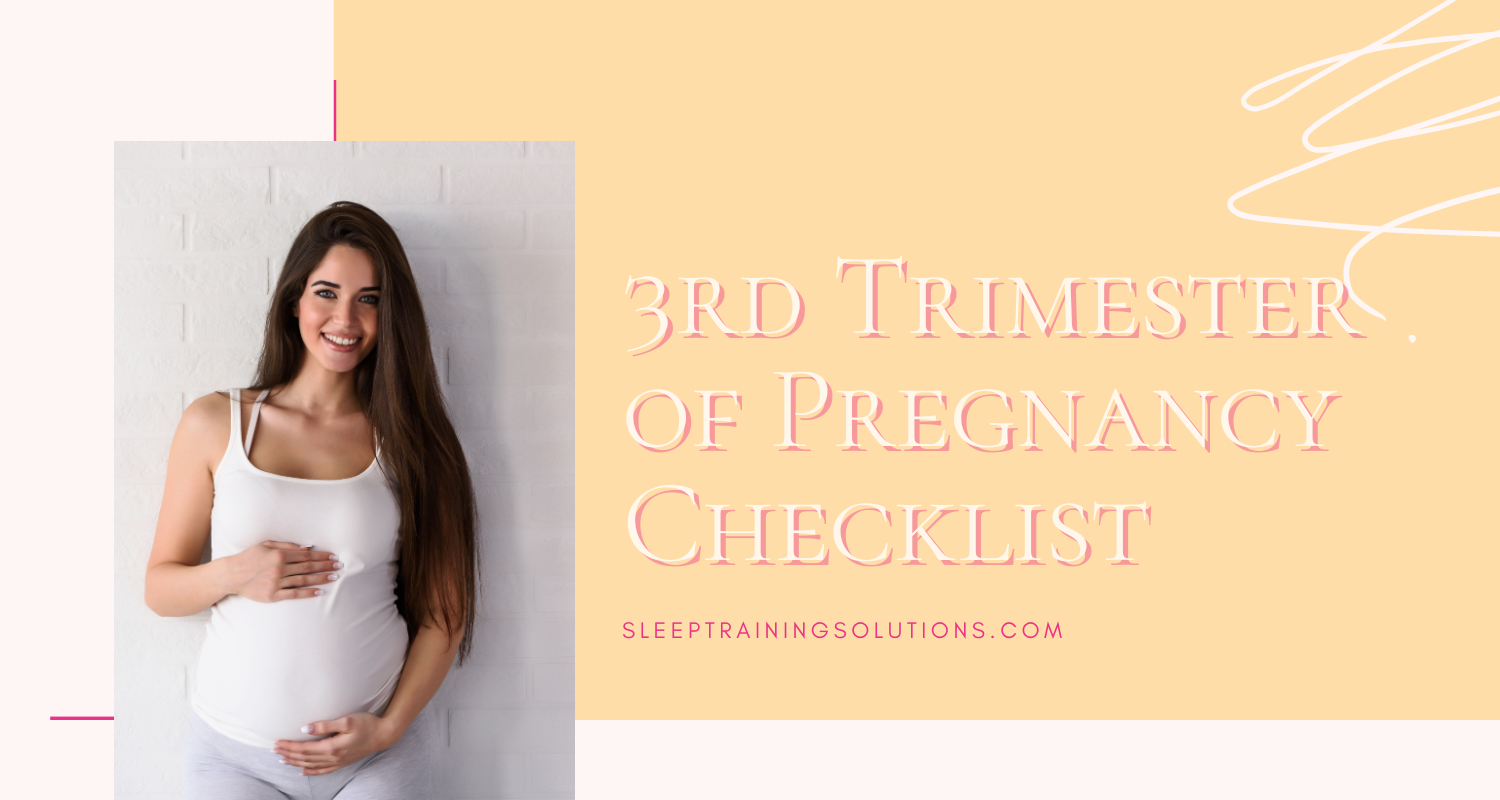3rd Trimester of Pregnancy Checklist
Need a to-do list for your third trimester of pregnancy?
Congratulations! You’ve made it through the first 27 weeks of pregnancy! Now that the baby’s arrival is imminent in the next few months, you may be starting to think about all the last-minute things you want to get done before the baby’s arrival. And if you’re like most moms, pregnancy brain is REAL, so you can’t remember all the things you meant to do! You’ve got all the reminders for doctor appointments from your OBGYN but there are to-do’s that you may not have thought of (especially if you’re a first-time mom!). Here’s a list of things to do in your 3rd trimester to get ready for baby!
Attend baby preparation classes
Your local hospital likely has several prenatal classes and programs to choose from. Most parents wish to take these classes during the third trimester so all of the information is fresh in their minds.
Some of the most popular ones include:
A hospital tour of the maternity floor and registration department
Baby Care 101
A breastfeeding class
Infant CPR
Daddy “boot camp”
Notice one class that’s missing from the lineup?
I haven’t seen many standalone programs on newborn sleep…so I created one! This program helps parents-to-be and new parents set a healthy foundation for their newborn’s sleep and help develop some good sleep habits from the start, and includes a nursery assessment and one follow-up call!
✅ Interested in a newborn sleep class? Check out the Newborn Foundations Program!
Buy new baby reference books
Bringing a new baby home will seem daunting at first! Many parents will read new parent books to go into more depth than was covered in the prenatal classes topics and to have as a reference during the baby’s first year.
If you’re wondering “What baby books should I read?” check out this list of top-rated new parent books with advice and guidance for daddy-to-be, how to introduce baby to first foods, baby hacks, and more!
✅ List of the best top-rated new parent books on Amazon!
Finalize the plan for older siblings and pets
Do you have a fur baby or an older child (or children)? If you haven’t started to think about child and pet care for when you go into labor, now is the time!
If you’re having a scheduled c-section, everything can be ironed out ahead of time.
But if you don’t have a planned date for delivery, solidify your plan for if you go into labor in the middle of the night. Who is the person who will be at the ready for that 2am phone call to race over to take over?
After delivery, you’ll be at the hospital for ~2-4 days, so it will be helpful to create a master schedule for the person taking care of things on the homefront.
Does your toddler/preschooler go to daycare or preschool? Is your child signed up for any classes or sports - swimming, music, soccer? How many walks do you need to take the pup on? Will a weekly house cleaner be coming while you’re gone? Is your breaker panel in a hard-to-find place? Do you have an alarm system?
Below is a link to the printable Prepared New Parent: Bump to Baby Bundle so you don’t forget to share any pieces of information with the person taking care of everything while you’re at the hospital. The bundle includes:
Support Squad Cheat Sheets (Child, Dog, Cat, and House)
Master Weekly Schedule
Hospital Bag Packing List
✅ Get the Prepared New Parent: Bump to Baby Bundle for $7
House and car maintenance and safety
It’s so easy to let those important house and car maintenance items slip by the wayside when you’re exhausted with a newborn, so check these items off your list now:
change the furnace filter (twice a year)
change the humified filter (once a year)
clean out the dryer vent (once a year) - not the lint vent that you clean after each load
clean out the washing machine filter (do this before you start cleaning the new baby's bedding and clothes!)
flush the hot water heater (once a year)
get your carpets cleaned (especially the ones that your baby will be doing tummy time on and look for companies that offer a non-toxic solution)
schedule window washers (if that’s something you outsource)
get your car’s oil changed (and a scheduled maintenance appointment if needed)
if you aren’t changing batteries on smoke and carbon monoxide alarms every 6 months or when daylight savings starts/ends, do that now
If these are things you sometimes forget to do pre-kids, I would highly recommend downloading an app that will remind you because you’ll have even less brain space after kids! I personally love the free Todoist app - you can set reminders weekly, monthly, on a specific date (like the 1st of the month) or just one-off things you need to do each day.
While we’re on the topic of house maintenance, you don’t have to start childproofing quite yet, but it’s not a bad idea to do a quick check on rugs and make sure they are non-slip and turn the temperature down on the water heater temperature (no higher than 120 F) or install a hot water control on your faucets.
Schedule health appointments
You don’t want to get reminders to schedule annual appointments in those first few months after you bring your baby home.
Now is the time to check off your dental appointment, eye appointment, and any other annual visits that you typically schedule.
And don’t forget your pet’s annual check-up, especially if you need refills on flea and tick treatments or other medications.
Fill your freezer
Yes, you’ll likely have some kind friends and family who bring some meals in the early days, or maybe even set up a MealTrain.
But chances are there will be several nights where you’re left to cook or order out. Especially in those first several weeks, you won’t want to cook and you’ll want healthier options. Takeout every night will get old (and expensive!) so I suggest filling your freezer now with meals you’ll want to eat!
✅ Get Discounted Lifetime Access to a Freezer Meal Membership!
What I love about these memberships is the auto-generated shopping lists for the meals you choose to make, and they can be popped in the slow-cooker or Instapot - both of which save so much time!
Test several meals and find some family favorites. Then make a bunch of those.
I usually take one weekend afternoon a month to knock out ~20 meals (4-5 variations so it’s even quicker) that I know everyone in the house will eat!
Keep in mind that freezer meals are good for 3 months in your freezer!
Declutter and deep clean
Chances are, you’ve started nesting by now and accumulating allllll the baby stuff! If you were lucky enough to have a baby shower (or several), you are now realizing just how much stuff a tiny human uses 😂
Now is the time to declutter - anti-nest! - the things you no longer use (or need) to make space for the baby gear because I can almost guarantee you won’t have time or energy to revisit the clutter in the basement, attic, or garage until your child enters middle school!
So if you haven’t used something in a year [or some timeframe that feels right for you], you never really liked it or intended to use it in your house, or it has missing/broken pieces, bless and release it to the donation (or trash) bin.
If it’s been sitting in a closet or hidden away in a corner of the basement and you haven’t thought about it since you moved in, chances are you won’t use it in the future!
After the decluttering process, it’s time to deep clean. You want your baby to come home to a sparkling fresh home! Speaking of cleaning, be careful what you use to clean your home - that “clean” smell can be harmful to your lungs, and especially to a newborn’s respiratory system!
Look for cleaning, laundry, and personal care items that do not have a hazard warning on the label and are safe to use around (or on) babies. The ones I used don’t require child safety caps, work well, and have zero toxins. We no longer have little ones in our home, but I’m convinced going chemical-free has helped so many issues, including my asthma and my son’s eczema.
Think about your recovery plan
There are studies that show that exercising while pregnant may help make labor easier. This particular study shows that moderate activity in the water (ie swimming) can reduce the duration of time in first two stages of labor.
This study found that exercising can also help with mental health and postpartum depression and another study found that light activity in the postpartum period improves sleep!
But most moms aren’t heading to a gym in those first few months after delivery. If you want some workouts you can do in the privacy of your home….
The Expecting and Empowered app has safe and efficient beginning, intermediate, and advanced workouts for pregnancy and postpartum (yoga, cardio, strength, and core). They have 318K followers on Instagram, so expecting and new moms clearly love their program! You can get a 15% discount on an annual subscription at Expecting and Empowered using code KIMSCHAF20.
✅ Get the discount at Expecting and Empowering with code KIMSCHAF20
Optimize your health insurance
This one can save you a lot of money on your medical bills…
Schedule any elective procedures (for you, your spouse, or other children) in the same calendar year you’ll deliver your baby. You’ll meet your deductible with your maternity stay which then saves needing to meet the deductible on the procedures/surgeries your doctor recommended getting.
In-between wardrobe
The maternity clothes you wear right before you deliver will be too big after the baby is born, but your old “normal” clothes won’t fit yet!
You’re going to need some in-between clothes.
Many moms will wear 1-2 sizes up from their normal size. For those first couple of months after you have a baby, you’ll feel most comfortable in pants with a stretchy waistband or loose dresses (if the weather is warmer).
Be sure to get tops that are accessible for nursing (if you plan to nurse) and buy items that are machine washable! Babies have a knack for spitting up whenever you don’t have a diaper cloth handy…so make sure you have easy-to-care-for items!
Buy needed items for the baby
If you had a baby registry and/or baby shower, there may be some key items you didn’t receive as gifts.
This blog post has a list of baby items needed by category - sleeping, feeding, diapering, gear, bathing, clothing, toys, and books - AND things you don’t need to spend your money on (because they’re unsafe or unnecessary).
Make a houseguest and visitor plan
You may have out-of-town family members eager to visit the new baby! You and your spouse need to decide who you’re comfortable hosting in your guest room, how long you’d feel comfortable having them stay, and how long after the baby’s arrival you’d like them to come.
You can alleviate hard feelings (with your spouse and houseguests) by clearly communicating your expectations upfront so everyone is on the same page!
Once the baby arrives, decide when you’ll start entertaining local visitors and if you’ll have any “rules”:
Will you ask visitors to wash their hands before they hold the baby?
Are you uncomfortable with anyone other than immediate family holding the baby?
Do you care if friends bring their children along on the visit?
Do you need confirmation that the visitor hasn’t been sick in X number of days?
Decide what feels comfortable to you and then when someone texts to confirm a time to swing by, you can include anything you need them to know about their visit.
Tips for helping older siblings
If you have a toddler or preschooler who will be around when visitors come to see the baby, three things can help so the older sibling doesn’t get jealous of all the attention the new baby receives:
Ask visitors to greet your older child first…before coming over to gush over the baby! Greeting the big brother or sister will help them feel like they haven’t been forgotten with all the chaos surrounding the new baby. It’s helpful to text friends or family before the visit so they know what to do when they walk in the door!
Buy some small gifts and wrap them up before your baby is born. When a visitor comes to see the baby and brings a baby gift, sneakily hand one of these gifts to the visitor to give to your older child so they don’t feel left out. These do not need to be expensive - just the act of unwrapping something small is often exciting enough!
After a family member or close friend comes over and has gotten their “baby fix” ask if they’d watch the baby while you do something fun with your older child - bake some cookies, go to a park, cuddle on the couch in a different room and watch a favorite show together. If you’re not feeling up to an outing (and you can tell your toddler or preschooler is getting antsy), ask if that friend or family member can take him or her on a little adventure. The point is for you or the another adult to give some 1-1 time with your older child 😊
Choose a pediatrician
Parents-to-be should start interviewing pediatricians at the beginning of the third trimester. This article offers insight into how to choose a pediatrician including:
questions to ask - including office hours, hospital affiliation, response time, communication methods, vaccine policies and more
the difference between an MD and DO
how to search for a physician if you’ve just moved and are new to the area
If you’re choosing between a few equally qualified doctors, go with your gut and choose the most personable one. Choose one that answers your questions thoroughly, but succinctly - some doctors leave you feeling like you still have unanswered questions…and some just keep talking in circles! Remember that this is a medical professional that you may have a relationship for decades - my son just had a physical this week with the pediatrician we saw when he was born…and he’s 19!
Make a birth plan…if you want one
Are you wondering if you need a birth plan?
No, you don’t need one to have a positive birth experience. But some parents like to have something in writing so everyone’s on the same page going into the delivery and you can make important decisions beforehand!
This article has tips on what to include in your birth plan. This free tool is a fillable PDF to create your personalized birth plan!
Be sure to bring a printed copy with you in your hospital bag!
Pack your hospital bag!
When should you pack your hospital bag during pregnancy? It’s recommended that your bag be packed by 37 weeks, so you aren’t surprised if the baby decides to show up early!
What should you pack in your hospital bag? You need items for before, during, and after labor for yourself, items for your partner, and the new baby!
Below is a link to my printable Prepared New Parent: Bump to Baby Bundle which includes Support Squad Cheat Sheets (Child, Pet, and House) + Master Weekly Schedule + Hospital Bag Packing List!
✅ Get the Prepared New Parent: Bump to Baby Bundle for $7
Some things you shouldn’t pack in your hospital bag:
too many clothes - you aren’t going to be there too long and will mostly be in bed wearing comfy PJs or the hospital gown
diapers and wipes - those will be provided while your baby is a patient
swaddle blankets and onesies - those will be provided while your baby is a patient
pacifiers and bottles - those will be provided while your baby is a patient
valuables and cash
medicine and vitamins - OTC and RXs that your doctor orders will be provided
candles - not allowed in the hospital
Hopefully, this list of pre-baby to do’s is helpful as you prepare for your new addition! But there’s one last thing to remember to do…enjoy these last few months with your spouse (and child if this isn’t baby #1!) 💖
Third Trimester of Pregnancy To-Do List to Get Ready for a New Baby!
Related Posts:
Please note that some of this site’s links are affiliate links, and Sleep Training Solutions is a participant in the Amazon Services LLC Associates Program, an affiliate advertising program designed to provide a means for sites to earn advertising fees by advertising and linking to Amazon.com and affiliated websites. I will earn a small commission, at no additional cost to you, if you purchase them.
This post is for informational purposes only and may not be the best fit for you, your child and/or your personal situation. It shall not be construed as medical advice. The information and education provided here is not intended or implied to supplement or replace professional medical treatment, advice, and/or diagnosis. Always check with your child’s physician or medical professional before trying or implementing any information read here.






